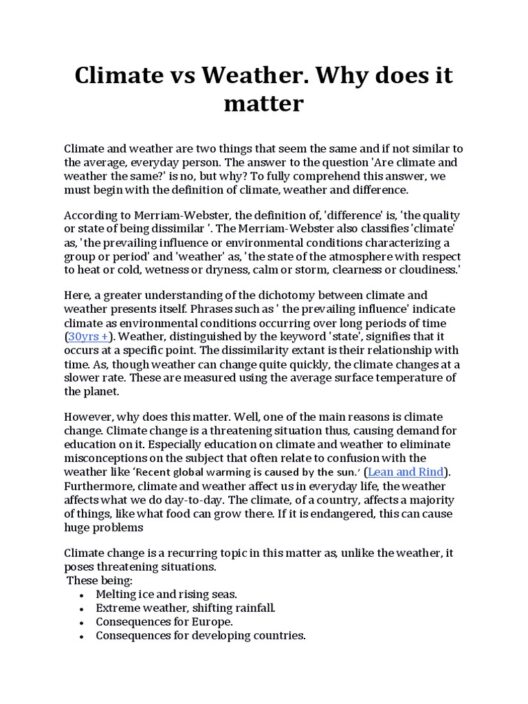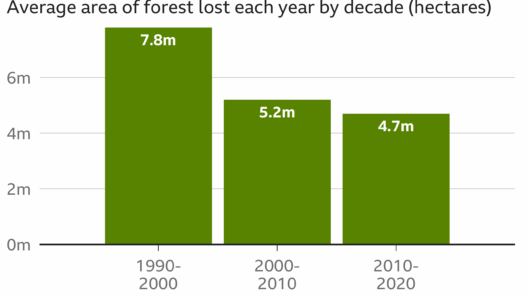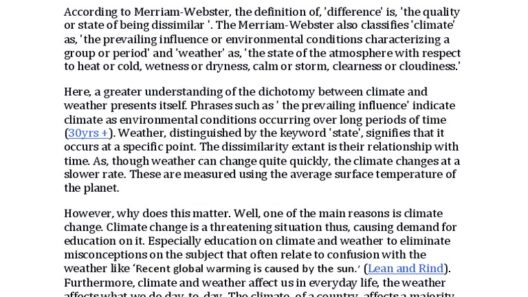Climate change is an urgent and pervasive issue that demands our immediate attention and collective action. The good news is that every individual can play a part in mitigating its effects. This article outlines practical steps that anyone can take to contribute to a more sustainable future. It emphasizes the importance of making conscientious choices in our daily lives. Whether you are a student, a professional, or a retiree, there are numerous ways in which you can become an advocate for the planet.
To begin with, it is essential to comprehend the cumulative impact of our everyday actions. When undertaken collectively, small changes have the potential to yield substantial positive outcomes. The journey to combating climate change may seem daunting, but one can begin with manageable adjustments that integrate seamlessly into daily life. Below, we explore diverse strategies for reducing your carbon footprint while fostering a more sustainable lifestyle.
Embrace Sustainable Transportation Options
The journey from one place to another significantly contributes to greenhouse gas emissions. By opting for sustainable modes of transportation, individuals can significantly diminish their impact on the environment. Consider walking or biking for short distances. Not only does this reduce emissions, but it also promotes physical health. For greater distances, public transit is an excellent alternative, as it allows you to share your ride with others, thereby minimizing your carbon output.
For those who must drive, carpooling can be a viable option. Sharing a vehicle with others helps cut down on the number of cars on the road, contributing to reduced traffic congestion and lower emissions per capita. If transitioning to a vehicle is necessary, consider electric or hybrid options, which are far less polluting than traditional gasoline-powered cars. When paired with renewable energy sources, electric vehicles can offer a nearly carbon-neutral mode of transportation.
Reduce, Reuse, Recycle: The Trifecta of Waste Management
In our consumer-driven culture, the mantra of “reduce, reuse, recycle” holds as much relevance as ever. Begin by reducing the items you consume through mindful purchasing. Before buying something new, ask yourself whether it is necessary and whether you already own something that could fulfill the same purpose.
Reusing items promotes resourcefulness and creativity. Find new applications for old containers or furniture instead of discarding them. This not only conserves resources but can also save you money. Consider organizing community swaps, where people can exchange goods they no longer need. This encourages a culture of sharing rather than consumerism.
Lastly, make recycling an integral part of your routine. Understanding your local recycling guidelines is crucial. Many communities now offer curbside recycling programs making it easier than ever to recycle various materials, including plastics, metals, and paper. Educate yourself about the significant benefits of recycling, such as conserving energy and reducing landfill waste. Every small effort counts in the collective pursuit of sustainability.
Implement Energy-Conserving Habits at Home
Your home can be a significant contributor to your overall carbon footprint. Simple changes in energy consumption can lead to meaningful reductions. Start with energy-efficient appliances, which consume less energy compared to traditional options. When shopping for new devices, look for the Energy Star label, indicating higher efficiency.
In addition, small behavioral adjustments can make a big difference. Turn off lights in unoccupied rooms and unplug devices when not in use. Also, consider investing in smart home technology to automate energy-saving practices. Programmable thermostats allow you to optimize your heating and cooling efficiently, while motion-sensor lights reduce unnecessary energy consumption.
Furthermore, utilizing renewable energy sources, such as solar panels, presents another substantial opportunity for households to engage in climate-positive behavior. Many regions offer financial incentives for moving toward renewable energy, making it a practical consideration for eco-conscious homeowners.
Adopt a Sustainable Diet and Reduce Food Waste
Food systems are a significant driver of climate change. The choices we make regarding what we eat can have a lasting impact on the planet. Transitioning to a more plant-based diet is one effective approach. The meat and dairy industries are major contributors to greenhouse gas emissions; reducing their consumption can alleviate some of this pressure.
When possible, prioritize local and seasonal produce. This cuts down on transportation emissions, as locally sourced foods do not incur the same carbon costs of importation. Supporting local farmers also strengthens economic resilience within your community.
Be vigilant about food waste. According to studies, millions of tons of food are discarded annually, contributing to methane emissions when it decomposes in landfills. Plan meals ahead of time, store food efficiently, and be creative with leftovers. Composting organic materials can also minimize waste and enrich soil quality.
Educate Yourself and Engage with the Community
Lastly, one of the most potent tools in the fight against climate change is education. Stay informed about climate science, policies, and innovations by reading articles, attending local workshops, or joining environmental organizations. Becoming knowledgeable empowers you to make sound choices and influence those around you.
Engage with your community by advocating for sustainable practices within local governments or schools. Participate in clean-up efforts, tree-planting initiatives, or awareness campaigns. Building a network of like-minded individuals can amplify your efforts and foster a movement toward collective change.
In conclusion, taking responsibility for our impact on the environment is imperative. Climate change may seem insurmountable, but through everyday actions and conscious choices, individuals can make a meaningful difference. From embracing sustainable transportation to fostering community engagement, a holistic approach to living sustainably can catalyze widespread change. Each small step contributes to a larger movement toward a healthier planet. Let us act now for the sake of future generations, as it is within our power to drive the change that we so desperately need.






